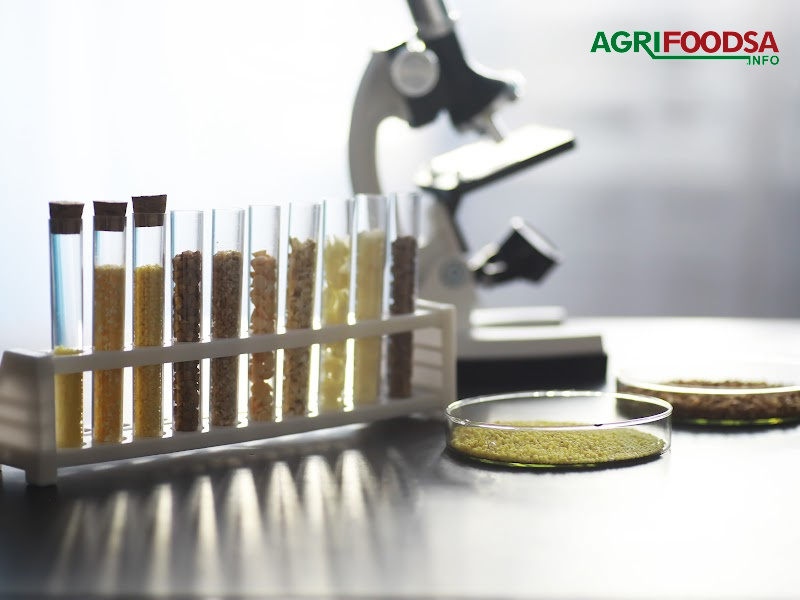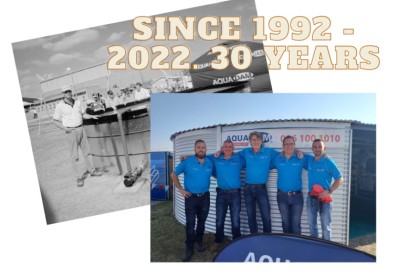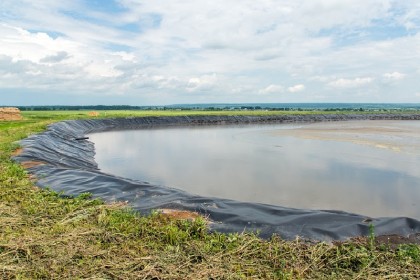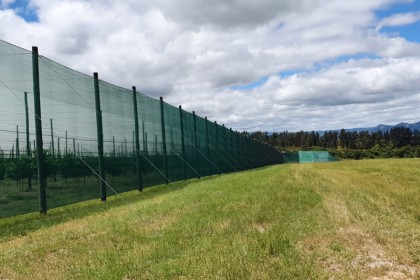
Quality Testing for The Agricultural Industry: An Important Link to The Value Chain
Informed business, economic and social decisions in the food and feed value are based on information on the quality of the commodities being used as raw materials and that of the final products. The quality can only be assessed when accurate measurements are available that also ensure food safety, and finally support trade.
The Southern African Grain Laboratory (SAGL) NPC, established in 1997, has a Crop Quality and a Crop protection division. Both divisions are accredited under the international ISO/IEC 17025 standard and the crop protection division also complies with the OECD Principles of Good Laboratory Practice (OECD GLP). To confidently provide accurate, reliable and comparable measurement results, testing laboratories can implement a range of measures including but not limited to compliance with quality standards such as ISO/IEC 17025 for testing laboratories. Globally, there is an increased emphasis on food security and food safety with growing population numbers putting pressure on natural resources to provide enough safe food and feed. As a result, the spotlight also moved to reliable testing results as an integral part of improved production, management, and early warning systems.
The South African National Accreditation System (SANAS) conducts surveillance audits at a regular intervals to confirm the laboratory’s compliance with and during these assessments, new methods and technical signatories are also evaluated to be added to the scope of accreditation. Since 1999, the SAGL complies with this international standard and received accreditation from SANAS. The SAGL uses measurement standards or reference materials as prescribed in the standard to confirm technical competence and to ensure international comparability and demonstrates continued method performance through participation in relevant proficiency testing schemes and the use of appropriate quality control materials.
The Crop Quality Division performs national quality surveys on wheat, maize, soybeans, sunflower and grain sorghum and offers specialised analyses on food, feed and related products. Results of these surveys can, for example, be used when recommendations need to be made with regards to changes to regulations, such as grading regulations. It can also be used when value chain studies, with the purpose of implementing improvements, are conducted.
The division’s scope included grading of grains and oilseeds, nutritional analyses, dough quality and baking tests on wheat flour, multi-mycotoxin analysis (using LC-MS/MS),vitamin and mineral analysis and amino acid analysis. The division also offers research support to industry for product and method development, training courses covering theoretical and practical laboratory training and proficiency schemes of local and international participants. The grain and oilseed industry use reliable quality data on agricultural commodities when marketing these products locally, but even more importantly, to prospect customers in the rest of the world. Customers submit samples to the laboratory to support their internal quality control processes and make use of calibration samples prepared at the SAGL to evaluate the accuracy of their equipment and the competency of their employees. They also participate in the proficiency schemes offered by the SAGL.
The Crop Protection division analyses agricultural formulations and technical material (5-batches) for registration and conduct quality control analyses of plant protection products according to international standards. The concentrations of the active ingredients and impurities are determined using either Gas Chromatography (FID)/(MSD) or High-Performance Liquid Chromatography (DAD). Other tests include water content, particle size using laser diffraction, density, viscosity, pH and flash point.
An important goal of the SAGL is to continuously improve the quality of the testing while increasing the sample throughput with the implementation of new technology, training of the laboratory staff and improved quality systems. We conduct investigative and research studies to find solutions or suggest alternatives to current processes. To access quality data on soybeans, sunflower, grain, sorghum, wheat, and maize, please visit the website or contact the SAGL where our friendly staff will gladly assist you.
This article was originally published in Green Economy Journal (2021, September) Edition 48 Page 32
Author: Wiana Louw (General Manager, Southern African Grain Laboratory)
For other agricultural products and services, click here












